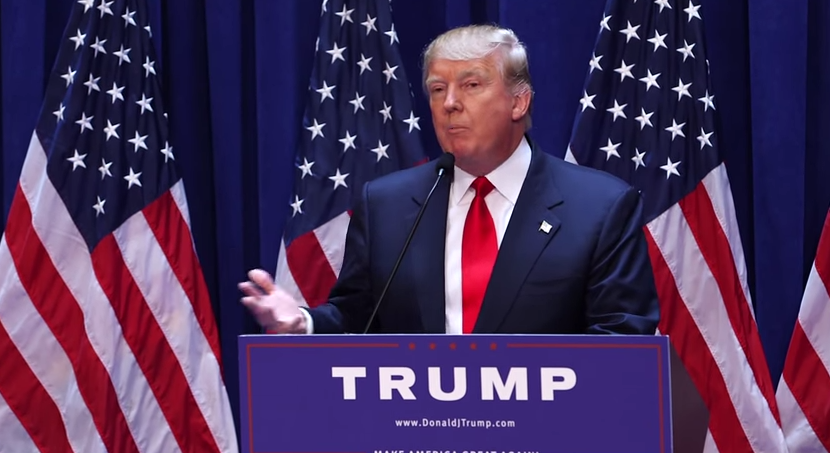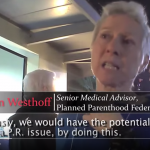
I’m grateful to World Magazine and Andrew Branch for reporting yesterday on some troubling developments in Connecticut. A task force created by Governor Daniel Malloy after the horror of the Sandy Hook Elementary shooting has recommended that state authorities receive oversight powers on the state’s homeschooling families. From the World article:
Under the proposed recommendations, parents of homeschooled children with behavioral and emotional problems would have to submit individualized education plans to the special education director of the local school district. They could lose the right to homeschool if those plans weren’t approved or if regular progress reports were deemed unsatisfactory. The commission hasn’t said if or how homeschooled children would be assessed for behavioral and emotional problems, let alone what would qualify as a significant emotional or behavioral problem. It’s also unclear if the commission’s team of psychiatrists and professors consulted anyone in the homeschooling community.
“We believe … that the actual facts leading up to [the Sandy Hook shooting] support the notion of the risk in not addressing social and emotional learning needs of children who may have significant needs in that area who are homeschooled,” said Dr. Harold Schwartz, the psychiatrist-in-chief at Hartford Hospital.
My concern here stems not from unprecedented oversight of homeschoolers (some states have a fair amount of oversight already). It’s the ephemeral, broad-brush language of “social and emotional learning needs” that worries me. What the Governor’s task force is recommending (assuming this report is accurate) amounts to a 1) psychological evaluation of homeschooled students and 2) ability to control curriculum and approve/disapprove homeschooled status based on said evaluation. Put that way, the danger is obvious: What will the state define as a “social and emotional learning” issue?
The task force’s connection between Sandy Hook and homeschooling activity per se is frustrating on several levels. As someone who was homeschooled for 12+ grades, I know that the caricature of homeschooled families as gun-obsessed, anti-government bunker rednecks is grossly untrue. I suppose those kinds of people exist, though I’ve never met one (which makes logical sense). There’s zero evidence to suggest that the Sandy Hook killer was a consistent product of his homeschooled environment, or that more government knowledge of his psychological condition would have prevented his murders (see this story from The New Yorker which details how the killer was passed on by several state-certified psychiatrists).
The suspicion that some in political culture heap on homeschooled families is driven mainly by ignorance and a misplaced faith in the virtues of mass public education. As I said above, my lifetime of homeschooling never led me to meet anyone whose violent tendencies or delusional ideas were being fostered by home education. “Just because you’ve never met them doesn’t mean they don’t exist,” some might object. That’s true, but if the issue is really about numbers, then consider: The killers responsible for Columbine, Red Lake, Virginia Tech, and Santa Monica were all enrolled in public high school. If the Sandy Hook murders warrant a doubling down in oversight of homeschoolers, what do the 50+ murders in the above cases warrant?
In other words, it’s not just the potential for political abuse these policies would create, it’s the fact that such abuse seems to be the only real effect they would have. Rather than preventing the fomenting of psychopaths, it’s far more likely that the policies would enforce codified majority values in subjects like homosexuality and evolution on individual families.
My prediction is that, as stories like this one become more pervasive, more parents will consider removing their children from the public education system. Rather than use a non-existent connection between Sandy Hook and homeschooling, lawmakers in Connecticut should consider policy that strengthens families and marriages, things that tend overwhelmingly to be dysfunctional in the lives of mass killers. Homeschooling is not a threat, but broken homes very well might be.












